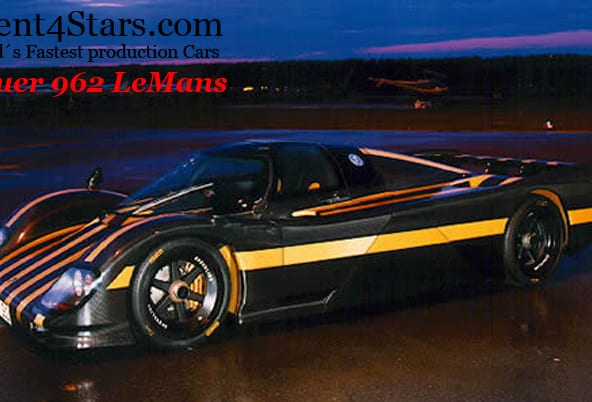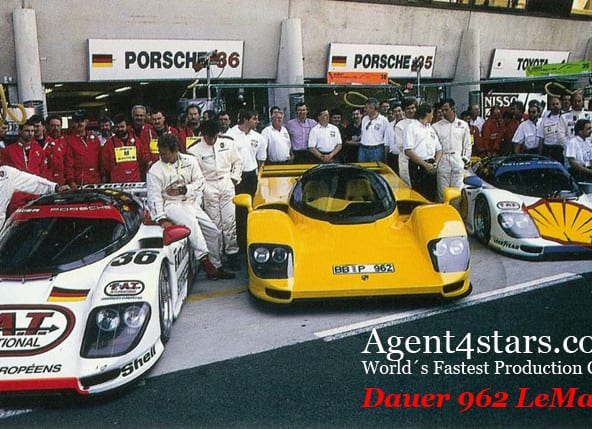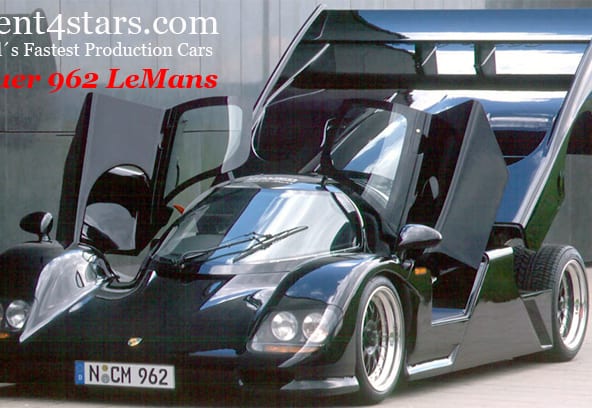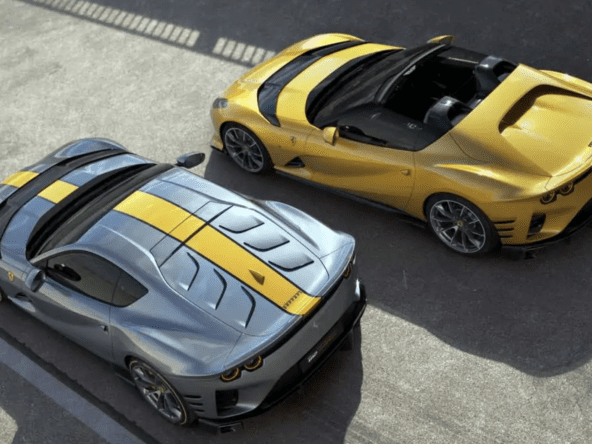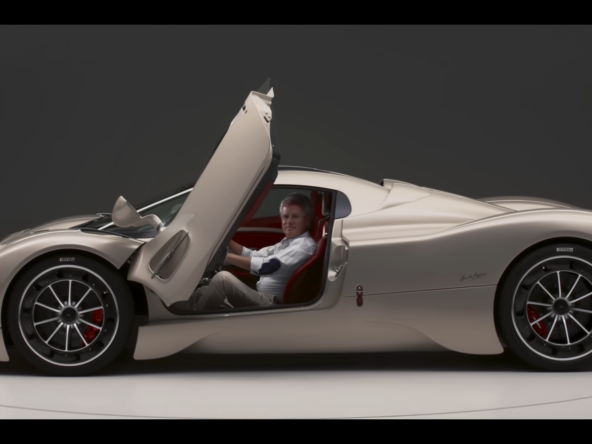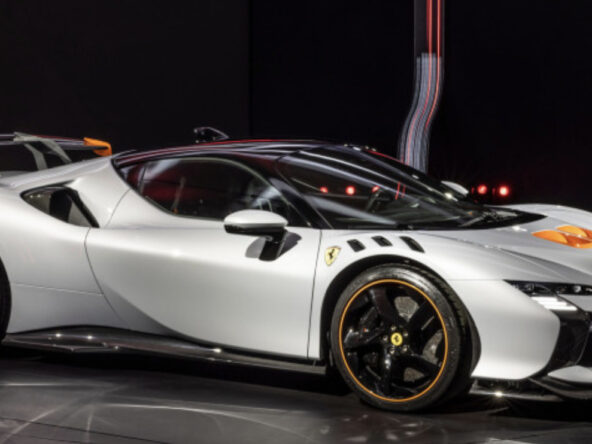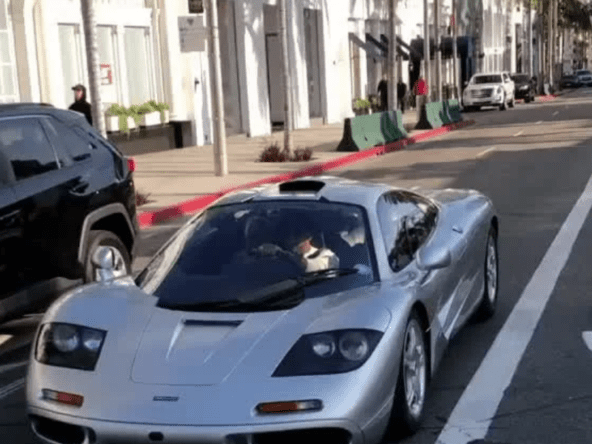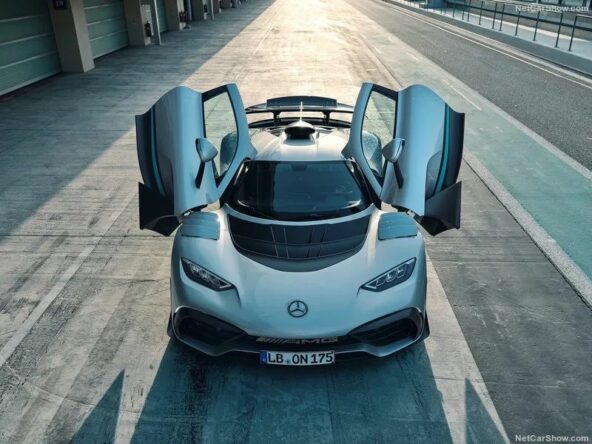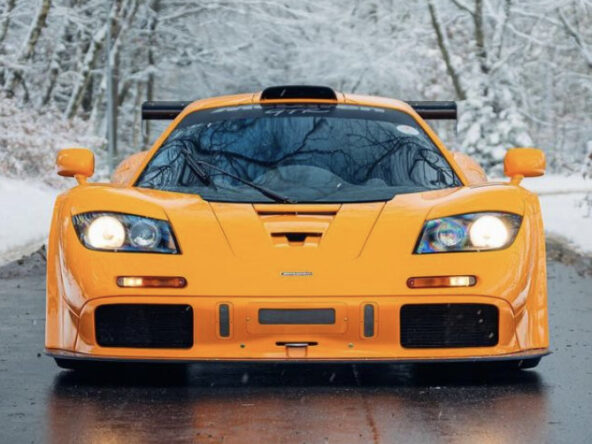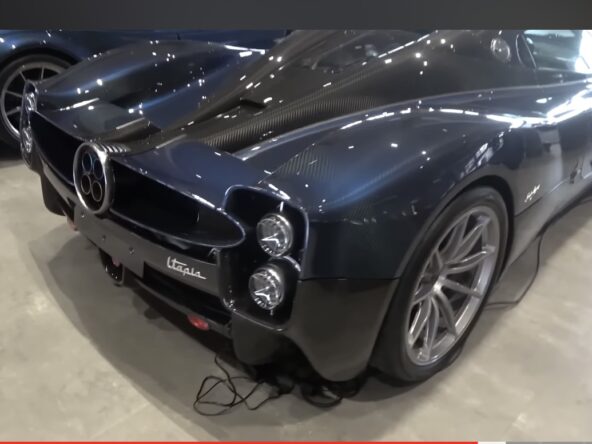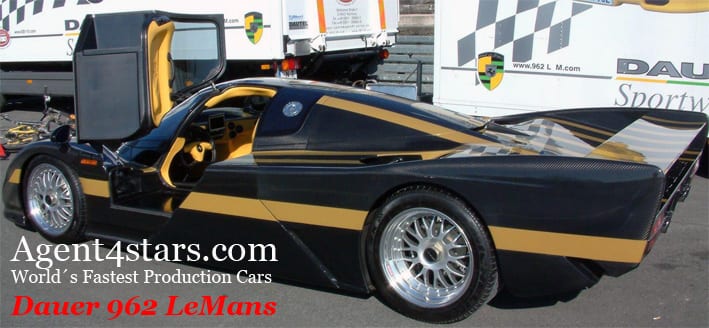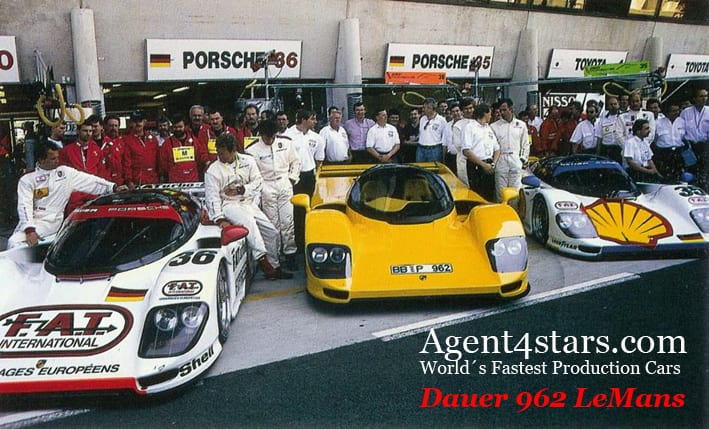Porsche 962.Production 91
Overview
- 1994
Description
In total, Porsche would produce 91 962s between 1984 and 1991. 16 were officially used by the factory team, while 75 were sold to customers. Some 956s were rebuilt as 962s, with two being previously written off and four others simply rebuilt. Three 962s that were badly damaged were also rebuilt and had been given a new chassis number due to the extensive reconstruction.
Due to the high demand for 962 parts, some aluminium chassis were built by Fabcar in the United States before being shipped to Germany for completion. Derek Bell, a 5-time Le Mans winner, drove the 962 to 21 victories between 1985 and 1987, remarked that it was “a fabulous car, but considering how thorough (Norbert) Singer (the designer of the 962 and head of Porsche’s motorsport division at the time) and the team were, it was really quite easy to drive.
The Porsche 962 (also known as the 962C in its Group C form) is a sports-prototype racing car built by Porsche as a replacement for the 956 and designed mainly to comply with IMSA’s GTP regulations, although it would later compete in the European Group C formula as the 956 had. The 962 was introduced at the end of 1984, from which it quickly became successful through private owners while having a remarkably long-lived career, with some examples still proving competitive into the mid-1990s.
Road versions
Towards the end of the car’s competition life, a number of privateer teams and tuners began converting 962s for road use.
Koenig Specials, a German tuner who had previously raced 962s. Known as the C62, the car was completed in 1991 and featured entirely new bodywork in order to better adapt to German regulations. The engine was expanded to 3.4L and saw the addition of a newer Motronic system. It is unknown how many were built by Koenig.
1991 Vern Schuppan created his Schuppan 962CR for Japanese customers, with a list price of 195 million Yen, or UK£830,000.
Derek Bell edition 962 road car one was completed.
Jochen Dauer used original racing chassis for his GT1 versions of the 962, the Dauer 962 Le Mans, both for road and race use.
German tuner DP Motorsports completed a road conversion in 1992, with a total of three cars, known as DP62s
Price: 1500000
Year: 1994
HP: 730
KMH: In total, Porsche would produce 91 962s between 1984 and 1991. 16 were officially used by the factory team, while 75 were sold to customers. Some 956s were rebuilt as 962s, with two being previously written off and four others simply rebuilt. Three 962s that were badly damaged were also rebuilt and had been given a new chassis number due to the extensive reconstruction.
Due to the high demand for 962 parts, some aluminium chassis were built by Fabcar in the United States before being shipped to Germany for completion. Derek Bell, a 5-time Le Mans winner, drove the 962 to 21 victories between 1985 and 1987, remarked that it was “a fabulous car, but considering how thorough (Norbert) Singer (the designer of the 962 and head of Porsche’s motorsport division at the time) and the team were, it was really quite easy to drive.
The Porsche 962 (also known as the 962C in its Group C form) is a sports-prototype racing car built by Porsche as a replacement for the 956 and designed mainly to comply with IMSA’s GTP regulations, although it would later compete in the European Group C formula as the 956 had. The 962 was introduced at the end of 1984, from which it quickly became successful through private owners while having a remarkably long-lived career, with some examples still proving competitive into the mid-1990s.
Road versions
Towards the end of the car’s competition life, a number of privateer teams and tuners began converting 962s for road use.
Koenig Specials, a German tuner who had previously raced 962s. Known as the C62, the car was completed in 1991 and featured entirely new bodywork in order to better adapt to German regulations. The engine was expanded to 3.4L and saw the addition of a newer Motronic system. It is unknown how many were built by Koenig.
1991 Vern Schuppan created his Schuppan 962CR for Japanese customers, with a list price of 195 million Yen, or UK£830,000.
Derek Bell edition 962 road car one was completed.
Jochen Dauer used original racing chassis for his GT1 versions of the 962, the Dauer 962 Le Mans, both for road and race use.
German tuner DP Motorsports completed a road conversion in 1992, with a total of three cars, known as DP62s
Details
Updated on July 5, 2020 at 12:00 am- Price: €1,500,000
- Year Built: 1994

